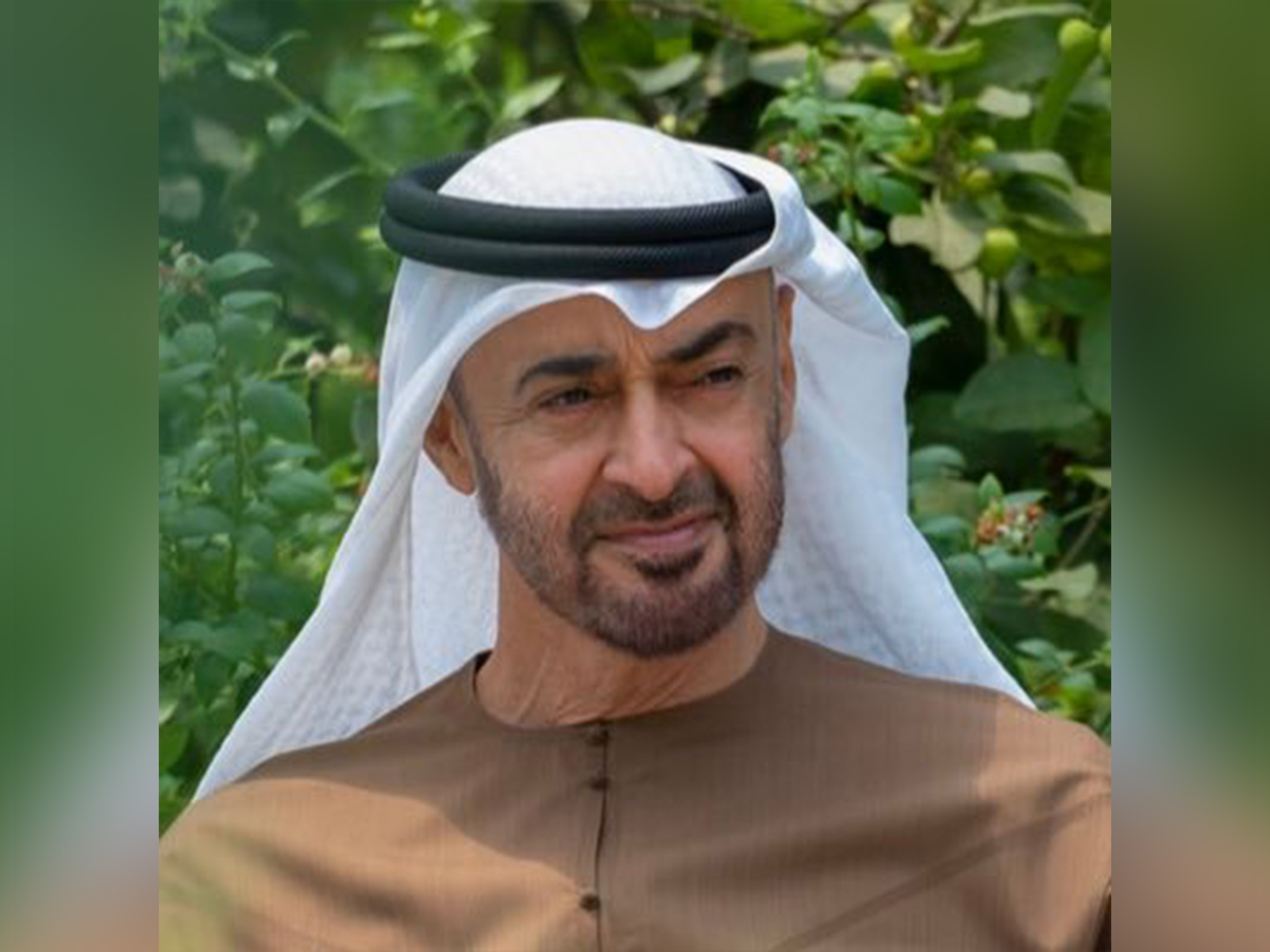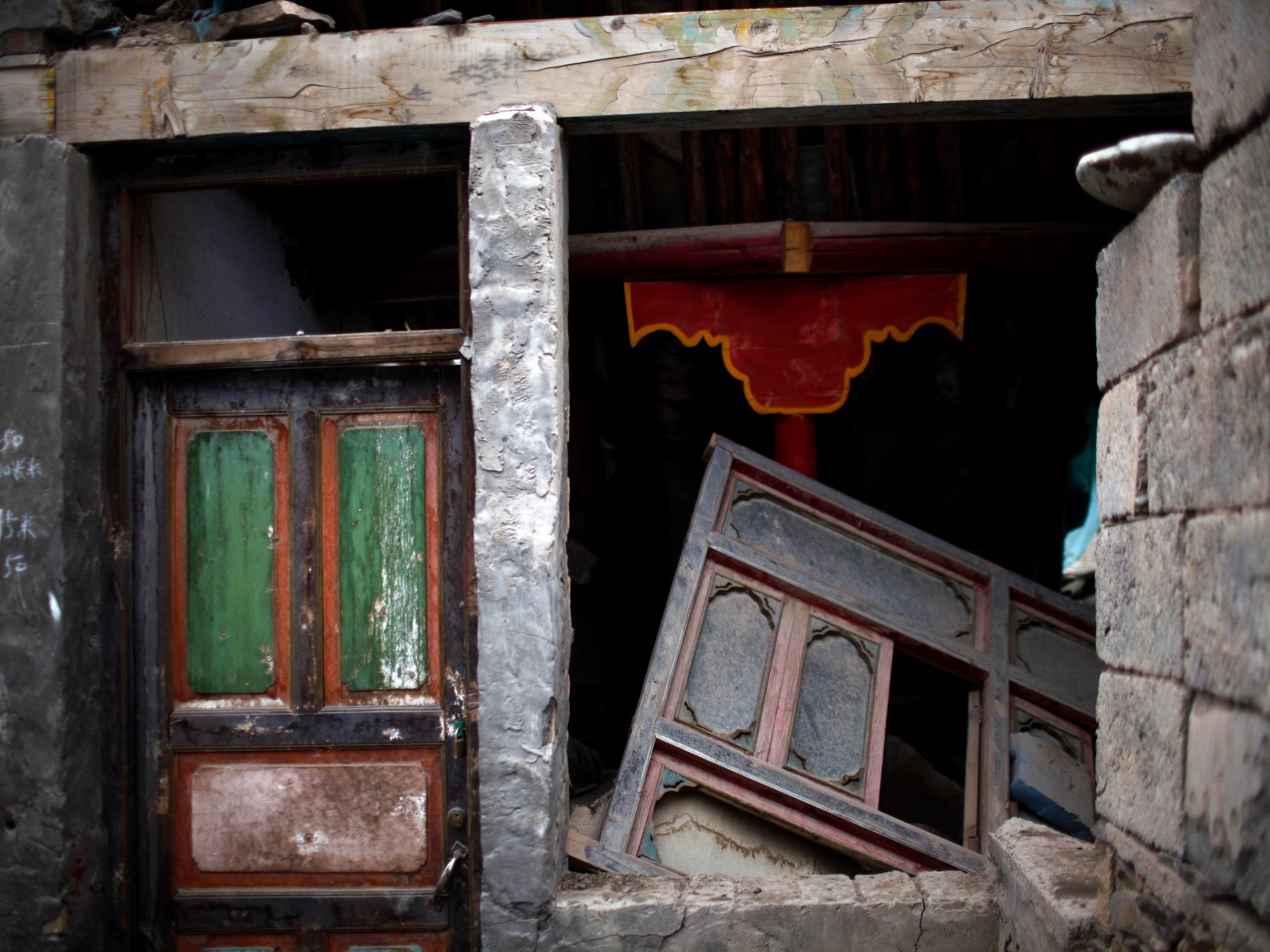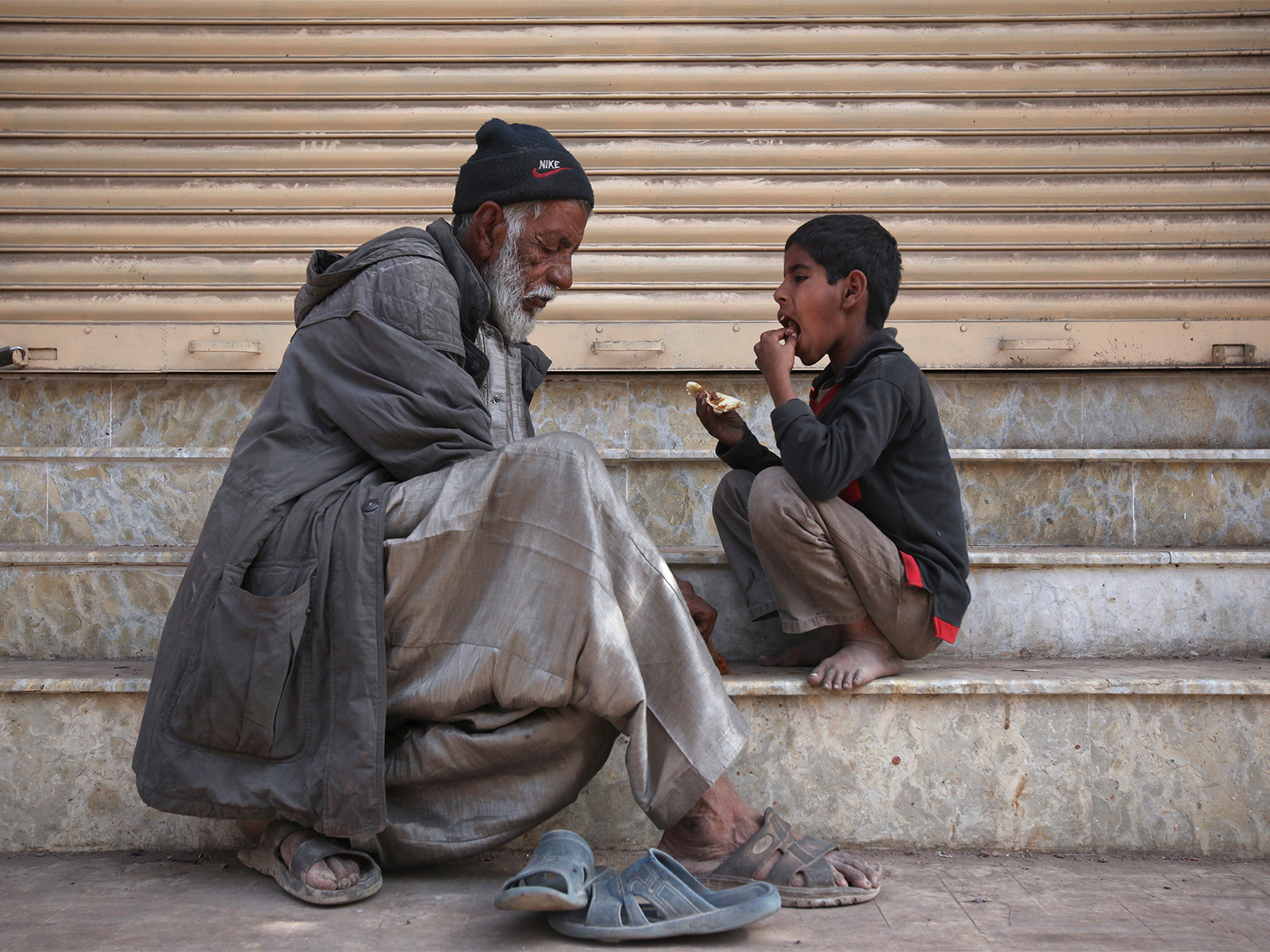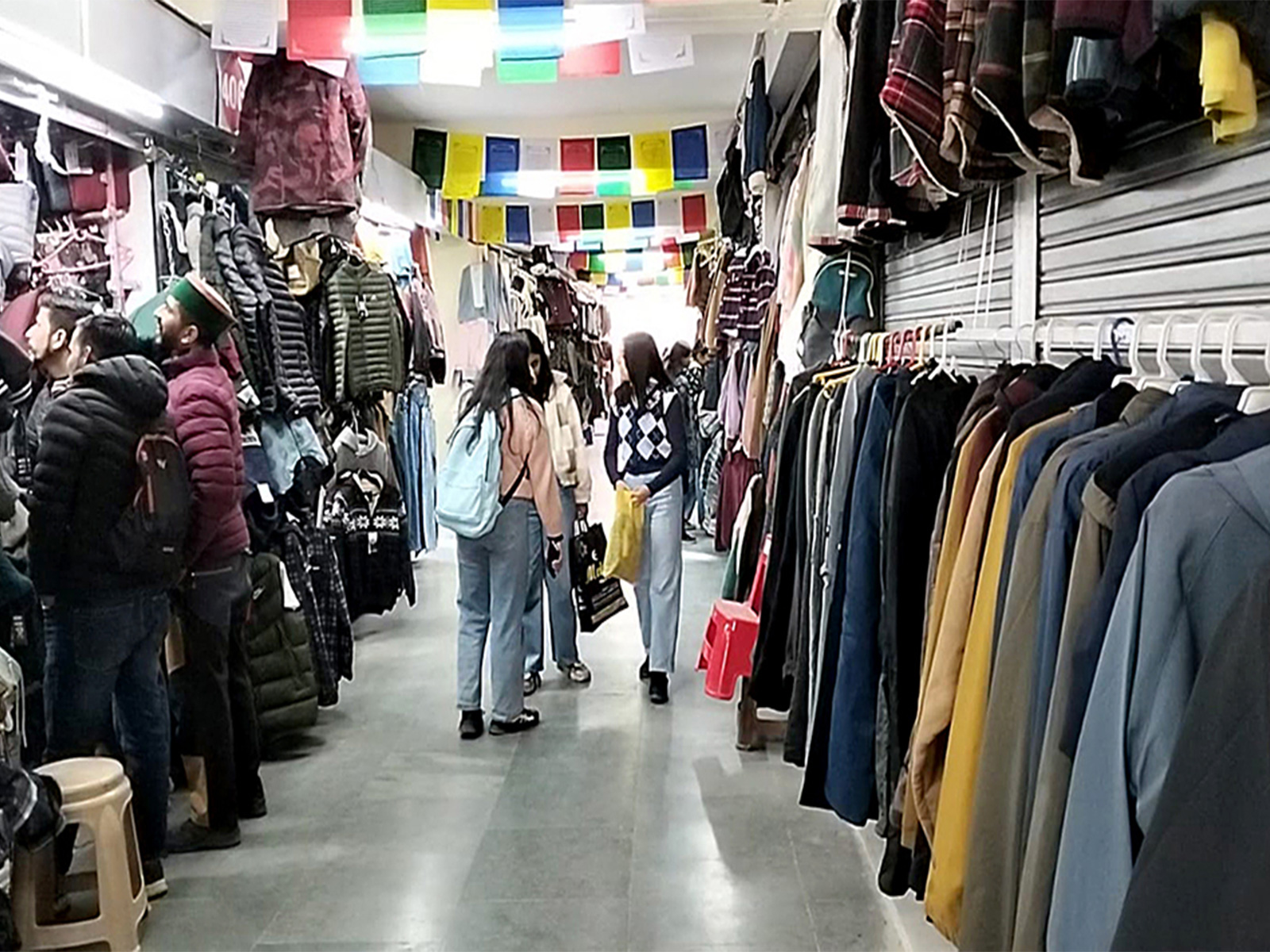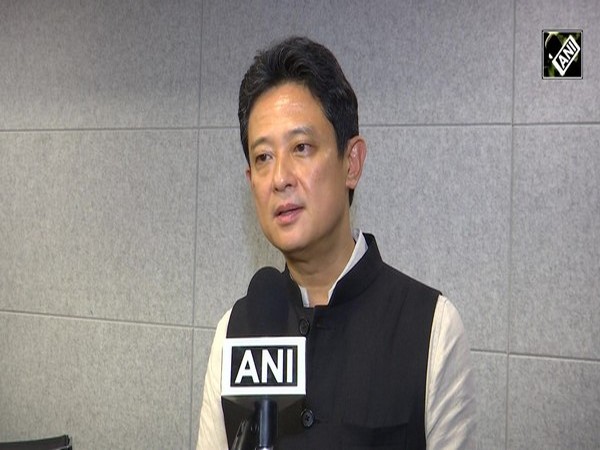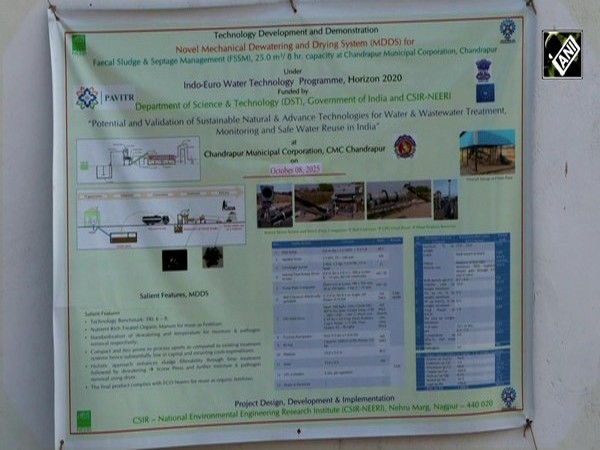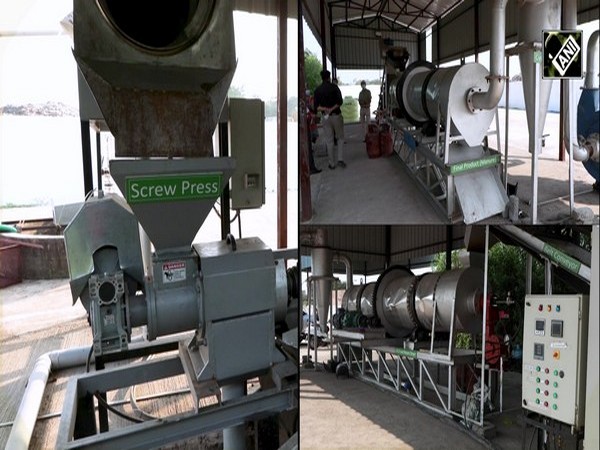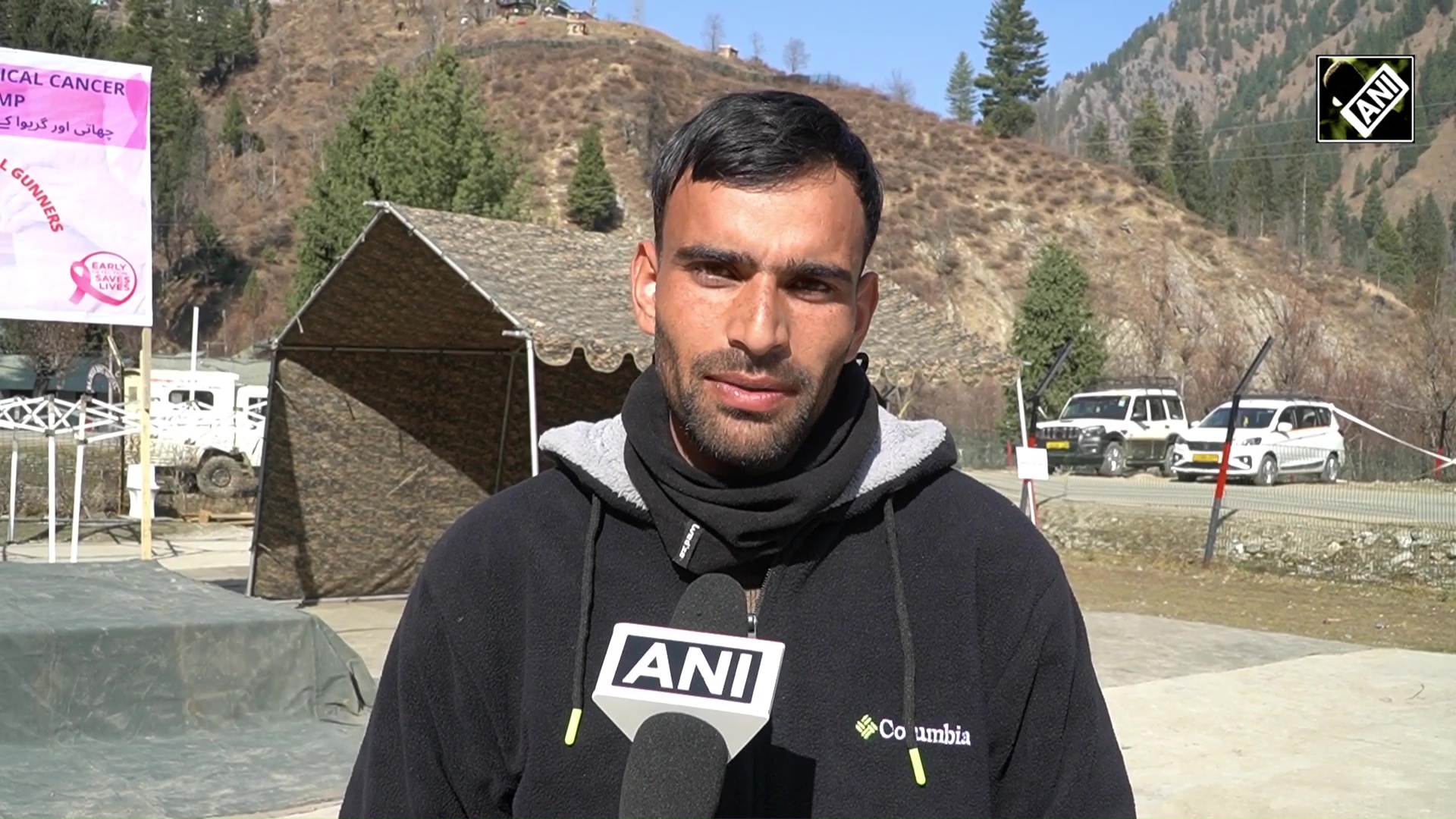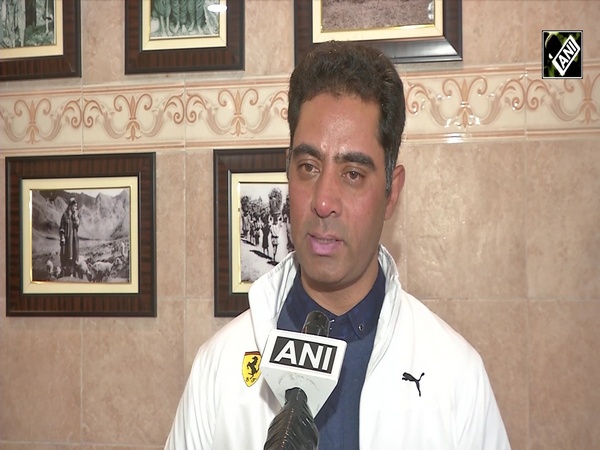Yellow metal places Uzbekistan at centre of economic activities
Aug 16, 2024

By Dr. Chandan Kumar
New Delhi [India], August 16 : Last year, Uzbekistan produced 110.8 tonnes of gold, ranking it tenth globally. The country's central bank was the second-largest net seller of gold worldwide, selling around 25 tonnes, just behind Kazakhstan, according to the World Gold Council.
However, Uzbek President Shavkat Mirziyoyev, who aims to reform and liberalise the country's economy after years of isolation and centralisation, finds this insufficient. He has mandated a 50 per cent increase in gold production by 2030.
There is significant potential for growth, as only 20 per cent of Uzbekistan's subsoil has been explored to date.
In June 2024, global central banks increased their publicly reported gold reserves by 12 tonnes. The total volume of gold purchases reached 31 tonnes, while 18 tonnes were sold. Since the start of the year, Uzbekistan's net gold sales totalled 7 tonnes, ranking it third in gold sales volume after Thailand (10 tonnes) and the Philippines (25 tonnes).
The Central Bank of Uzbekistan and the Reserve Bank of India jointly led in gold reserve growth, each acquiring 9 tons.
In office since 2016, President Mirziyoyev has also promoted the sale of gold bars weighing up to one kilogram, hoping to attract more tourists to the landlocked Central Asian nation.
Uzbekistan's economy, which is expanding, relies on foreign currency inflows to support its national currency. The Uzbek som has one of the lowest face values globally, with US$1 equivalent to 12,500 som.
According to GlobalData, Uzbekistan contributes 3 per cent to global gold production, with the largest producers being China, Russia, Australia, and Canada.
World Gold Council data indicates that Uzbekistan was the top gold-selling country in March 2024, selling 11 tonnes, with Thailand following closely at 10 tonnes.
While most central banks globally are accumulating gold, Uzbekistan had already done so before this trend. The country's strategy to sell gold amid various economic challenges is logical.
"We have a trade deficit, a budget deficit. Other exports are not perhaps performing as well as hoped. With [gold] prices high on the back of geopolitical instability, there are worse times to sell gold," independent Tashkent-based economist Yuliy Yusupov told RFE/RL.
Nonetheless, analysts argue that the growing reliance on gold sales highlights ongoing issues in an economy that, despite significant reforms in recent years, remains troubled.
As the second-largest gold producer in the former Soviet Union after Russia, and with state control over the industry, gold has long been a cornerstone of Uzbekistan's economy.
Under President Mirziyoyev, the share of international reserves held in gold has increased significantly, rising from under 50% when he took office in 2016, following his predecessor Islam Karimov, to nearly two-thirds currently, according to central bank data.
Gold has experienced a significant rally this year, with spot prices rising by over 13 per cent since January 1.
Uzbekistan is a beautiful country, rich in both historical architectural monuments and natural attractions. Its landscape features mountains next to lakes, deep rivers flowing through deserts, and other natural wonders. Beyond this surface beauty lies a wealth of valuable metals hidden deep within the land, accessible only to those who mine them.
Uzbekistan, especially the Jizzakh region, is abundant in mineral and natural resources. The country has significant deposits of natural gas, coal, copper, tungsten, oil, precious stones, and notably, platinum, gold, and silver. The Uzbek people have a long history with gold, evidenced by ancient gold artifacts and historical mining activities.
Today, the primary gold ore bases and deposits are located in the Navoi, Tashkent, Samarkand, Kashkadarya, and Surkhandarya regions, as well as the Republic of Karakalpakstan.
The list of deposits and prospective sites is updated every five years.
Well-known deposits include Muruntau, Mutenbai, Triada, Ajibugut, Amantaytau, Kokpatas, Daugyztau, Charmitan, Guzhumsai, Sarmich, Biran, Marjanbulak, Kochbulak, Kairagach, Kyzylalmasai, Kauldy, Pirmirab, Guzaksai, among others. Gold mining is carried out through underground mines and surface quarries.
Last month, the privately owned Uzbek media outlet Gazeta. uz reported that despite gold sales reducing the Central Bank's physical stock by 10.9 tonnes to 357.7 tonnes--a near two-year low--the value of the gold reserves grew by more than 6 per cent in March.
As of May 1, Uzbekistan's foreign reserves stood at US$34.2 billion, with US$26.5 billion in gold. The high gold prices have also helped mitigate the impact of a debt repayment of over US$1 billion on a 2019 Eurobond, which marked Uzbekistan's exit from financial isolation.
Central Bank head Mamarizo Nurmuratov noted, "In the near future, Uzbekistan's producers will be able to sell gold directly on the world market." Currently, the Central Bank of Uzbekistan purchases gold domestically in sums and sells it for dollars on the foreign market.
(Dr. Chandan Kumar, Ph. D. in Buddhist History, is a young scholar. He is working as an Assistant Professor, at the Department of History, Satyawati College, University of Delhi)
